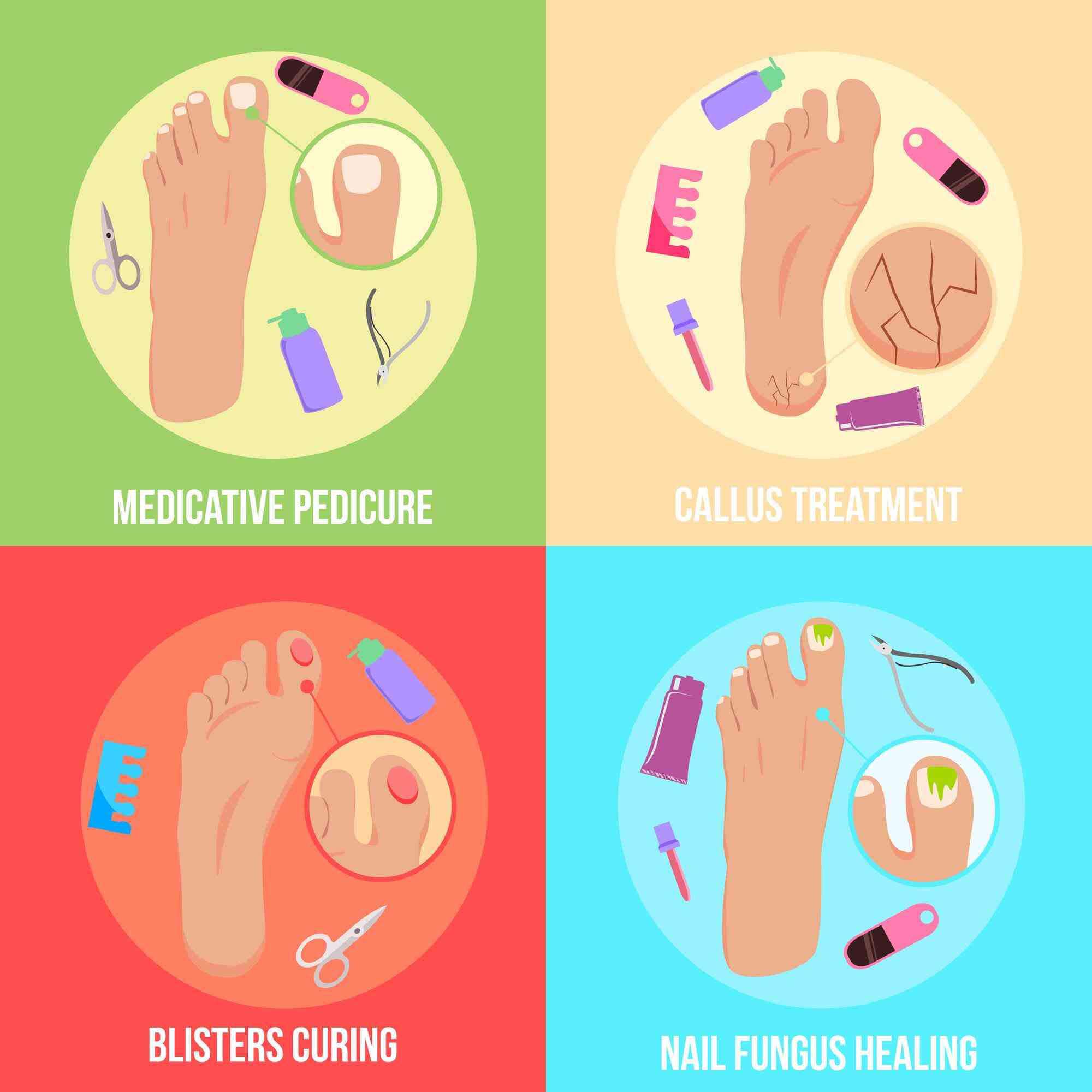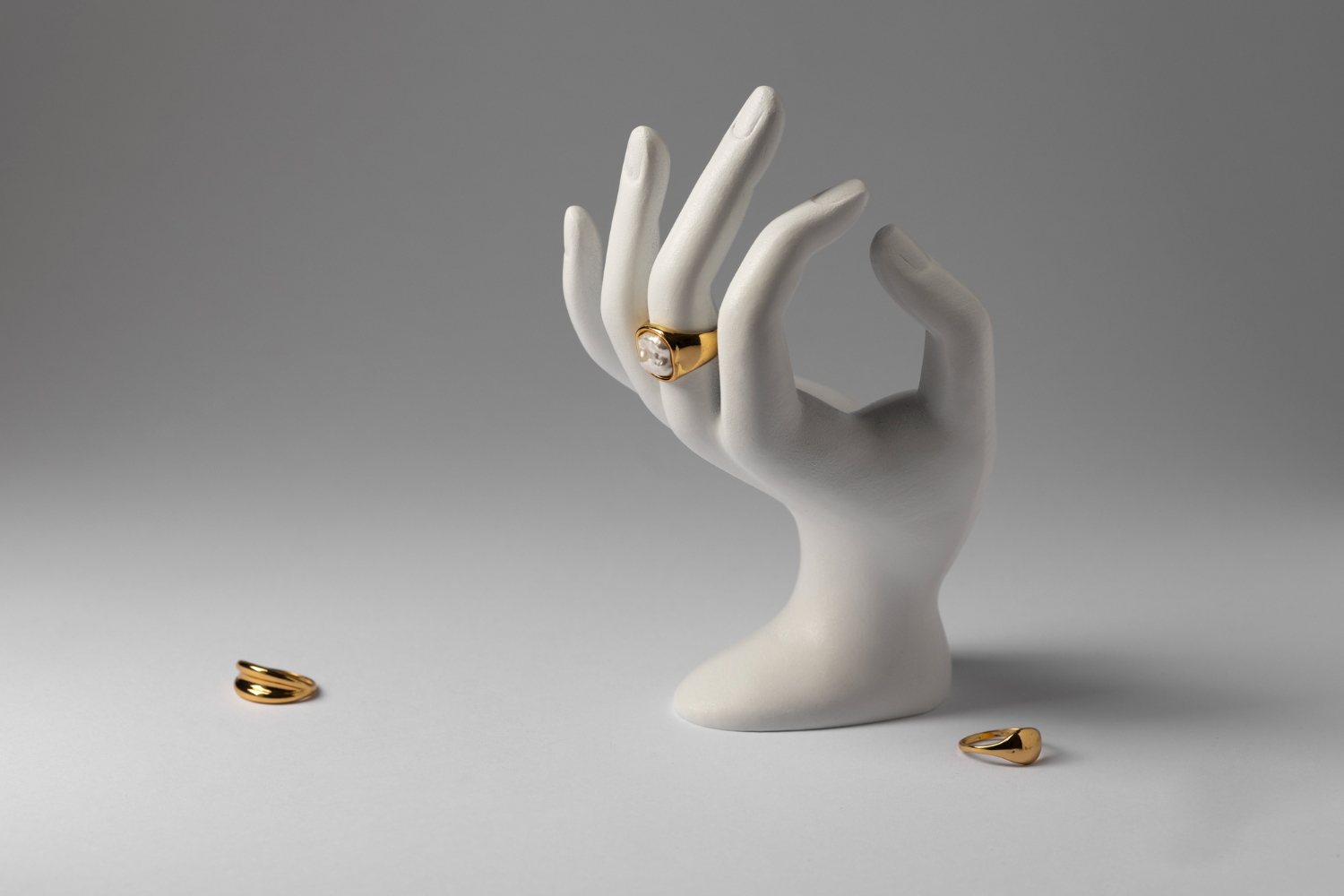Take Care of Foot Nails might not be at the top of your self-care list, but it should be! Proper foot nail care is crucial not just for aesthetics but for overall foot health. Whether you’re dealing with pesky ingrown nails or just trying to keep your toes looking their best, a little attention to your foot nails can go a long way. In this article, we’ll explore everything you need to know about taking care of your foot nails, from daily routines to tackling common issues.
Understanding Foot Nails
Before diving into the care routines, let’s understand a bit about foot nails. Your toenails are made up of a protein called keratin, which also makes up your hair and fingernails. They grow from the matrix, which is located under the cuticle. While toenails grow slower than fingernails, they require just as much attention to stay healthy.
Common Foot Nail Issues
Several issues can affect your foot nails, including ingrown toenails, fungal infections, and nail discoloration. These problems can be painful and, if left untreated, can lead to more severe health concerns.
Daily Foot Nail Care Routine
Washing and Drying
Start your foot nail care routine with proper washing and drying. Use mild soap and warm water to clean your feet thoroughly. Ensure to dry them thoroughly, particularly between the toes, to prevent fungal infections.
Trimming Nails Properly
Trimming your toenails correctly can prevent many problems. Always cut your nails straight across and avoid rounding the corners, which can lead to ingrown nails.
Moisturizing
Just like your hands and face, your foot nails need moisture too. Apply a good moisturizer to keep your nails and cuticles hydrated.
Proper Nail Trimming Techniques
Tools You Need
Invest in quality nail clippers, a nail file, and a cuticle pusher. Using the right tools makes a big difference in maintaining nail health.
Trimming Guide
- Soak your feet in warm water for a few minutes to soften the nails.
- Dry your feet thoroughly.
- Use nail clippers to trim the nail straight across.
- File the edges gently to remove any sharp points.
Dealing with Common Foot Nail Problems
Ingrown Toenails
Ingrown toenails develop when the edges of the nail grow into the surrounding skin. To prevent this, trim your nails straight across and avoid wearing tight shoes. If you already have an ingrown toenail, soaking your foot in warm water can help reduce swelling.
Fungal Infections
Fungal infections can cause thick, discolored nails. Maintain good hygiene, keep your feet dry, and use antifungal treatments if needed. If the infection continues, please seek advice from a doctor.
Nail Discoloration
Nail discoloration can be caused by trauma, fungal infections, or health conditions. If you notice unusual colors, it’s best to get it checked by a healthcare professional.
Importance of Choosing the Right Footwear
Impact of Footwear on Nail Health
Your choice of footwear greatly impacts the health of your foot nails. Tight shoes can cause ingrown nails, while poorly ventilated shoes can lead to fungal infections.
Tips for Selecting the Right Shoes
Opt for shoes with a wide toe box to give your nails plenty of room. Make sure your shoes are breathable to prevent moisture buildup.
Moisturizing and Hydration
Importance of Moisturizing Nails
Keeping your nails moisturized prevents them from becoming brittle and cracking. It also maintains the health of the cuticles, which protect the nails from infections.
Best Products for Foot Nail Moisturization
Look for moisturizers that contain ingredients like shea butter, vitamin E, and urea. These ingredients are excellent for keeping nails and surrounding skin hydrated.
Nail Strengthening Tips
Nutritional Advice
A balanced diet rich in vitamins and minerals is crucial for strong nails. Vitamins A, C, D, and E, as well as biotin and zinc, play significant roles in nail health.
Effective Home Remedies
Try massaging your nails with natural oils like coconut or olive oil to strengthen them. These oils penetrate the nail and cuticle, providing nourishment and hydration.
Preventing Foot Nail Damage
Protective Measures
Always wear protective footwear in environments where your nails might get injured, like gyms or public showers. Avoid exposing your nails to harsh chemicals by wearing gloves when cleaning.
Avoiding Harmful Practices
Avoid picking at your nails or cuticles and refrain from using nail polish removers with acetone, which can dry out your nails.
When to Seek Professional Help
Signs You Need a Podiatrist
Persistent Foot Pain: If you have ongoing pain in your feet or ankles that doesn’t improve with rest or over-the-counter medications, it’s a good idea to consult a podiatrist.
Difficulty Walking or Standing: Trouble walking, standing, or performing daily activities due to foot or ankle discomfort could indicate an underlying issue that needs professional attention.
Foot Deformities: Visible deformities such as bunions, hammertoes, or other abnormalities should be evaluated by a podiatrist, especially if they cause pain or difficulty wearing shoes.
Ingrown Toenails: If you frequently have ingrown toenails or if they become infected, a podiatrist can provide treatment to prevent further problems.
Changes in Skin or Nail Condition: Persistent discoloration, thickening of nails, or changes in skin texture on your feet could be signs of fungal infections, dermatitis, or other issues that a podiatrist can diagnose and treat.
Diabetes-related Foot Issues: If you have diabetes, regular foot exams by a podiatrist are crucial to prevent complications such as neuropathy, ulcers, or infections.
Sports Injuries: Athletes experiencing foot or ankle pain related to sports activities should seek evaluation from a podiatrist to prevent worsening of the condition and facilitate recovery.
Heel Pain: Chronic heel pain, especially if it’s worse in the morning or after periods of rest, may be due to conditions like plantar fasciitis, which can be effectively managed by a podiatrist.
Numbness or Tingling: Persistent numbness, tingling, or burning sensations in the feet or toes could indicate nerve damage or neuropathy, requiring assessment by a podiatrist.
Foot Odor or Sweating: Excessive foot odor, sweating, or persistent itching may indicate a fungal infection or other skin condition that a podiatrist can diagnose and treat.
Special Considerations for Diabetics
Importance of Foot Care for Diabetics
Diabetics are at higher risk for foot problems due to poor circulation and nerve damage. Regular foot and nail care are crucial to prevent complications.
Tips and Precautions
Diabetics should check their feet daily for any signs of injury or infection. Keeping feet dry, wearing proper footwear, and regular visits to a healthcare provider are essential.
Nail Care for Athletes
Common Issues for Athletes
Athletes often face issues like toenail trauma, fungal infections, and thickened nails due to constant pressure and moisture.
Preventative Measures
Wearing well-fitted shoes, keeping feet dry, and practicing good hygiene can help prevent these problems. Athletes should also trim their nails regularly to avoid ingrown toenails.
Seasonal Foot Nail Care Tips
Winter Care
Cold weather can dry out your nails and skin. Keep your feet warm and moisturized, and avoid long, hot showers that can strip moisture.
Summer Care
In the summer, your feet are more exposed to moisture and dirt. Keep your nails clean and dry, and use antifungal powder to prevent infections.
Homemade Remedies for Foot Nail Care
Natural Oils and Ingredients
Oils like tea tree, lavender, and eucalyptus have antifungal properties that can keep your nails healthy. Regularly applying these oils can prevent and treat infections.
DIY Nail Soaks and Treatments
Soak your feet in a mixture of warm water, Epsom salts, and a few drops of essential oils to relax and cleanse your nails. This simple treatment can help maintain nail health.
Conclusion
Taking care of your foot nails is more than just a beauty routine; it’s a vital part of maintaining overall foot health. By following these simple tips and incorporating them into your daily routine, you can prevent common issues and keep your nails looking great. Remember, your feet carry you through life – treat them with the care they deserve!
Read more : How to Care for Gel Nails
FAQs
1. How often should I trim my toenails?
Trim your toenails every 4-6 weeks, or as needed, to keep them at a healthy length and prevent problems like ingrown nails.
2. What causes toenail fungus and how can I prevent it?
Toenail fungus is often caused by moisture and lack of ventilation. Prevent it by keeping your feet dry, wearing breathable shoes, and using antifungal sprays or powders.
3. Are there specific vitamins that improve nail health?
Yes, vitamins A, C, D, and E, as well as biotin and zinc, are essential for healthy nails. Ensure your diet includes these nutrients.
4. How can I treat an ingrown toenail at home?
Soak your foot in warm water, keep it clean, and wear comfortable shoes. If the ingrown nail is severe or infected, see a healthcare professional.



